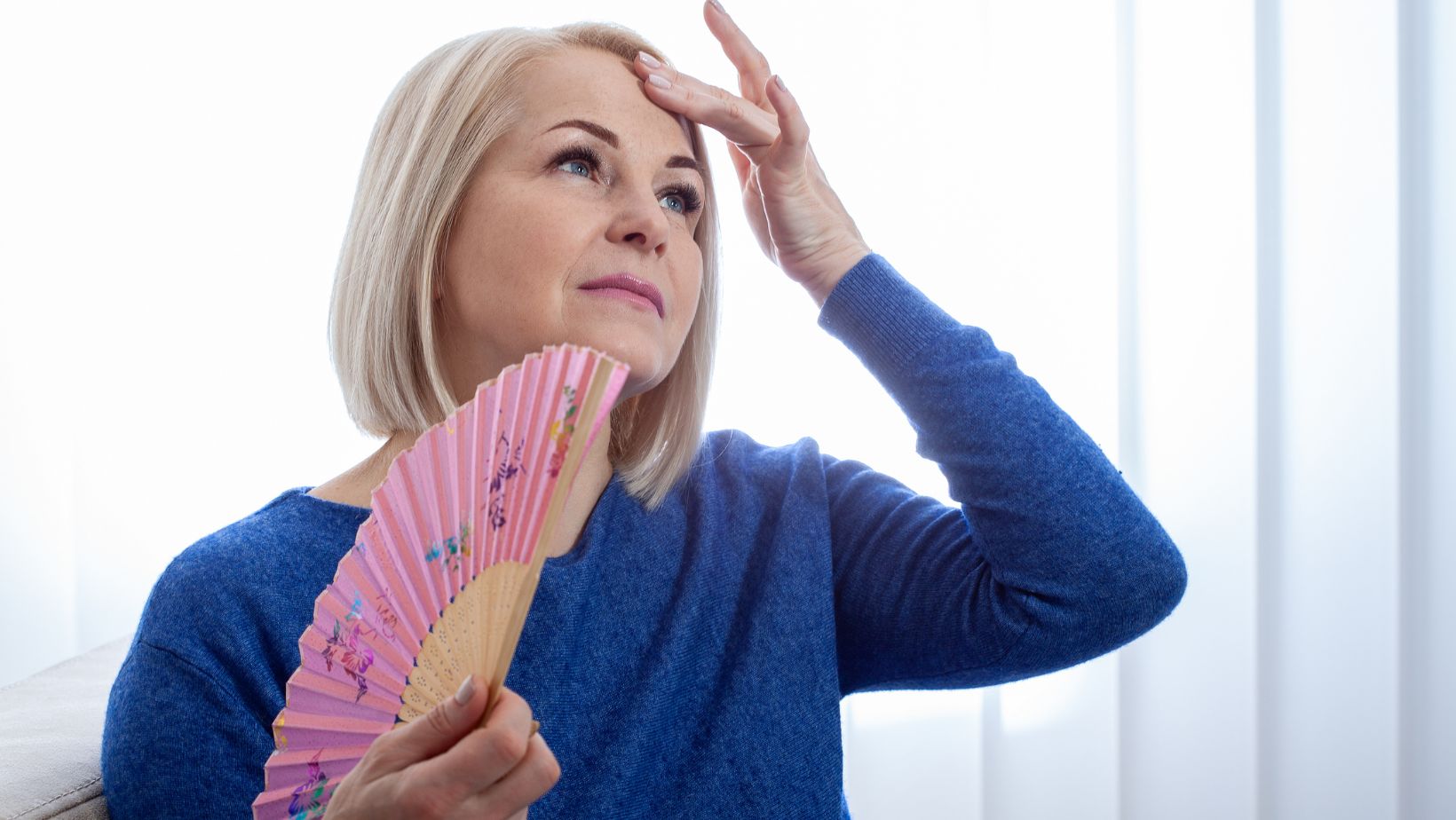
The transition to menopause marks a significant stage in a woman’s life, often characterized by a symphony of changes that aren’t just confined to the end of menstrual cycles. With symptoms ranging from hot flashes to mood swings and sleep disturbances to changes in sexual comfort, menopause can be a challenging journey. While these transformations are a natural part of aging, they can impact the quality of life, necessitating strategies for relief and management that resonate with the modern woman’s needs and lifestyle.
For decades, women and healthcare professionals have grappled with the ever-evolving strategies for managing menopausal symptoms. The 21st century, in particular, has seen a shift in focus, with more comprehensive, personalized approaches taking the front seat, recognizing that menopause, like any other health experience, is individualistic. The pursuit of balancing the change has never been more patient-centered, embracing not just physical alleviation but psychological and emotional support.
Personalized Lifestyle Modifications:
One of the first lines of defense in coping with menopause-related changes includes lifestyle modifications. However, contemporary practices go beyond generic advice; they involve tailored strategies that consider a woman’s unique health profile, preferences, and risk factors.
Dietary adjustments are crucial, with emphasis on foods rich in phytoestrogens, calcium, and vitamin D, supporting hormonal balance and bone health. Regular physical activity is another cornerstone, with bespoke exercise routines designed to manage weight, improve mood, and strengthen bone density. These aren’t one-size-fits-all recommendations; they’re adapted through careful consultation with healthcare providers, reflecting the understanding that the menopausal experience and its demands are profoundly personal.
Holistic Wellness and Alternative Therapies:
Today’s woman seeks more than just physical relief; she pursues holistic well-being. Alternative therapies like acupuncture, yoga, and meditation have gained traction for their role in alleviating menopausal symptoms, particularly in managing stress and promoting relaxation. Herbal supplements have also surfaced as popular aides, though they require careful consideration due to the variability in efficacy and safety.
HRT Weston Florida provide comprehensive cardiac care to patients. With advanced diagnostic tools and state-of-the-art technology, they offer personalized treatment plans to help individuals achieve optimal heart health.

Furthermore, the modern approach acknowledges the emotional and psychological upheaval during menopause. Counseling and support groups are now integral components of menopausal care, providing platforms for expression, empathy, and shared experiences, ensuring women don’t feel isolated while navigating these changes.
Advancements in Hormonal Treatments:
When lifestyle adjustments and alternative therapies don’t provide sufficient relief, hormonal treatments become a viable option. The use of HRT (Hormone Replacement Therapy) therapy represents a significant advancement in this domain. While HRT has been around for years, recent approaches are more refined, with regimens meticulously customized to each woman’s hormonal needs, symptom intensity, and health risks.
HRT therapy, involving estrogen or a combination of estrogen and progestin, has proven effective in combating several disruptive menopausal symptoms like hot flashes, night sweats, and vaginal dryness. However, modern medical practices advocate for a balanced perspective, considering the benefits of HRT in conjunction with potential risks. Informed consent and continuous monitoring are standard protocols, ensuring women are active participants in their care process.
Emergence of Non-Hormonal Medications:
Recognizing that hormonal treatments are not suitable for everyone, there has been a surge in non-hormonal medications.

These pharmacological options, which include selective serotonin reuptake inhibitors (SSRIs), serotonin-norepinephrine reuptake inhibitors (SNRIs), and others, have opened new doors for symptom management, particularly for those at risk for certain cancers or cardiovascular diseases. They primarily address vasomotor symptoms and have become game-changers for those seeking alternatives to hormone therapy.
The Digital Revolution in Menopausal Care:
In the age of digitalization, menopausal care has not been left behind. A plethora of mobile apps and online platforms now offer resources and tools for tracking symptoms, providing educational materials, and connecting women with healthcare professionals and support communities. Telemedicine has further transformed access to care, allowing women to seek advice, receive care plans, and obtain prescriptions online, bridging geographical and scheduling constraints.
Empowering Transitions: Navigating Menopause with Modernized Care
The journey through menopause is as unique as every woman’s, and the contemporary approaches to managing its waves are a testament to this diversity. From personalized lifestyle changes to the cautious and conscious application of HRT therapy and the embrace of digital platforms, the modern era acknowledges and celebrates this individuality. It underscores the principle that balancing the change isn’t merely about medical alleviation but encompasses emotional, psychological, and social harmony. As science advances and conversations around menopause deepen, women now, more than ever, have the resources and support to navigate this natural phase of life with empowerment and grace.











